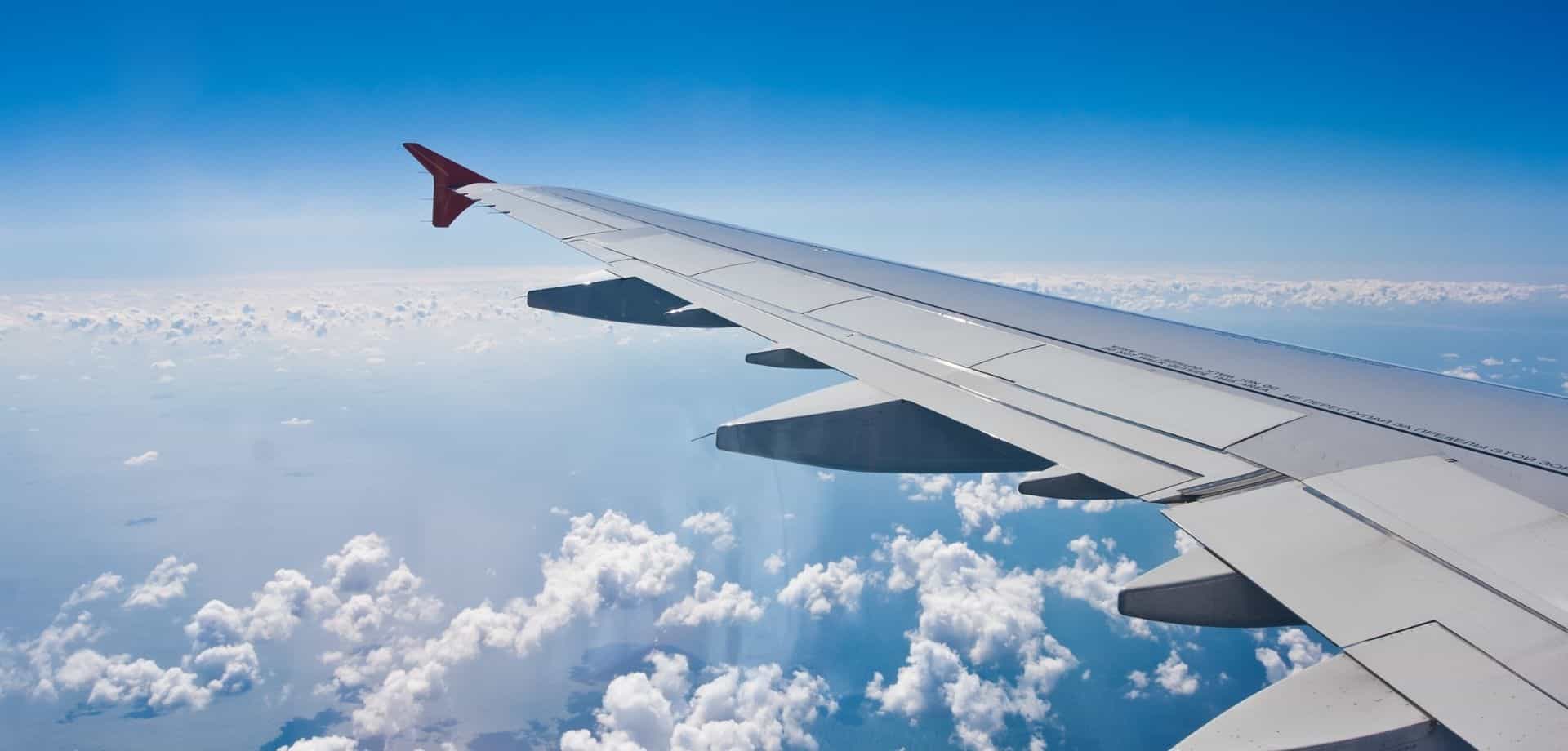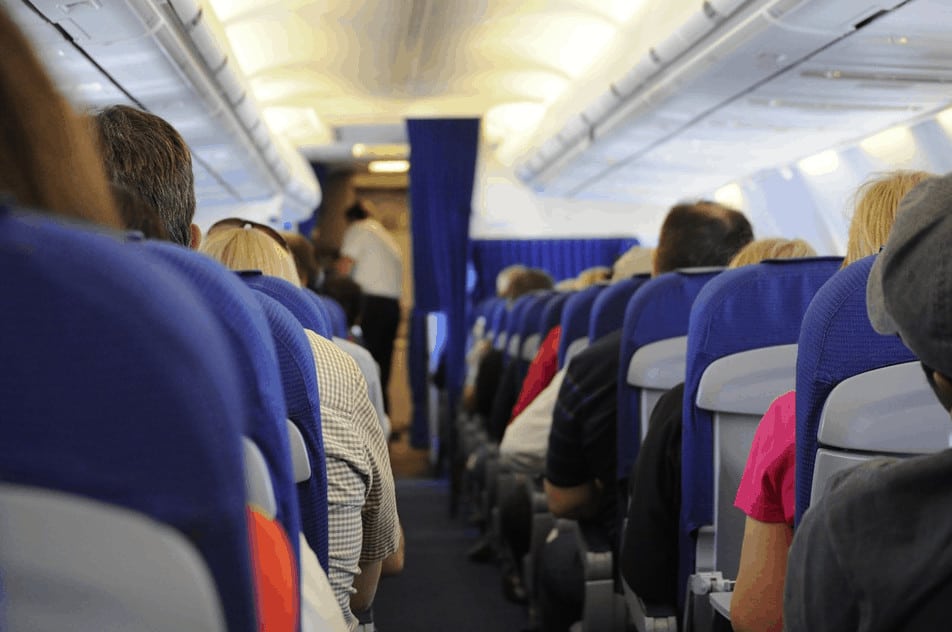Tag: flight health
Have you ever thought of applying sunscreen before taking a flight?
If not, you may want to reconsider.
A recent article in the Telegraph Travel with contribution from Fleet Street Clinic’s medical director, Dr Richard Dawood, has highlighted a study published in the Journal of the American Medical Association (JAMA) Dermatology. It reports that pilots flying for about 56 minutes at 30,000 feet were exposed to the same amount of carcinogenic UVA radiation as one would receive 20-minute session on a tanning bed.
The plane’s windshield blocked only about half of the UVA rays, dangerous enough to contribute to cancer risk.
However, applying this potential risk to all types of aircraft and to the cabin space outside the cockpit is “a bit speculative”, notes Dr Dawood. The aforementioned study was based on UV radiation measured from the cockpit of a Socata TBM850, a single turbo-prop private plane.
“Awareness of the issue is a good thing – especially for pilots; and for passengers, sensible use of window shades to avoid strong direct sunlight, which most people probably do anyway,”
– says Dr Richard Dawood.
For more travel advice, contact our expert travel team at Fleet Street Clinic – you can book an appointment online.

Planning a trip abroad?
Whether you’re travelling afar for business or pleasure, the long-haul travel involved can be a daunting prospect. But with a little preparation you can enjoy a comfortable journey, and prevent the health risks associated with travel.
At Fleet Street Clinic, we regularly see frequent travellers for travel health-related consultations and vaccinations. Our travel experts have compiled some tips to ensure you are in great shape throughout your travels, starting with a healthy outbound flight:
Deep Vein Thrombosis (DVT)
Travelling on long-haul flights with extended periods of immobility can leave you at an increased risk of DVT (blood clots), especially if you have any pre-existing conditions.
To prevent DVT during your flight:
- Wear loose comfortable clothes.
- Keep moving during the flight – get up regularly to walk around the cabin to aid circulation.
- Keep hydrated by drinking plenty of water- drink at least one cup of water for every hour spent in the air.
- Avoid alcoholic and caffeinated drinks.
- Wear compression socks which apply gentle pressure to the ankle to help with blood flow.
Dehydration
Air in the plane’s cabin is recirculated, which results in a loss of moisture. This can cause dry skin, lips, and eyes.
To prevent dehydration:
- Contact lens wearers should remove lenses prior to travel and wear spectacles to avoid dry eyes and prevent damage to the cornea.
- Dry skin should be moisturised, and if nasal irritation occurs, a saline spray can be used.
- Keep hydrated – don’t be afraid to ask cabin staff for water outside of mealtimes.
Travel / Motion Sickness
Motion sickness occurs when there is confusion between what the eyes see, and what the inner ear senses. With turbulence, cramped spaces and lack of fresh air, susceptible travellers can suffer.
To minimise the risk of travel sickness:
- Keep hydrated.
- Avoid large meals prior to and during the flight.
- Request a seat near the front wing – the most stable part of the plane.
- Use preventative medication such as Cinnarizine (to be taken 2 hours prior to boarding the aircraft).
Jet Lag
Flying can leave you feeling sleep deprived and jet lagged.
To reduce avoidable risks and arrive at your destination in good shape, here’s how you can prevent or combat the effects:
- Avoid night-time flights when possible – otherwise make sure you build a rest period into your schedule on arrival.
- Give your body clock clues as to your new time zone – adjust your watch, observe local mealtimes and bedtimes.
- Use melatonin and timed exposure to bright light – talk to your doctor or consult a specialist travel clinic about using medication to aid both sleeplessness and wakefulness.
- Use our Jet Lag Calculator – whether you’re using timed exposure to bright light, melatonin, both or none of these methods, our calculator can calculate timings based on your exact travel details.
Book An Appointment
If you’re taking a long-haul flight and need travel vaccines or advice, you can book an appointment online to ensure a smooth transit to your destination.





